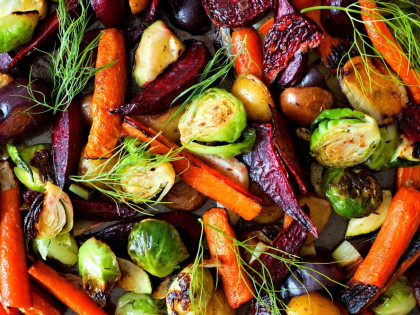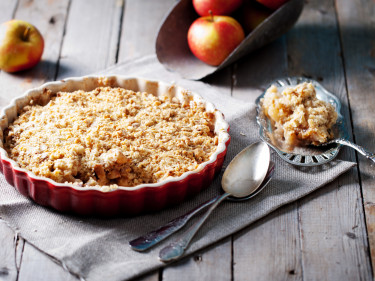Christmas is a time for celebration! This year you may be feeling like celebrating a bit harder than usual to make up for the occasions you missed out on. While alcohol and celebrating often go hand in hand, knowing that the party atmosphere prompts drinking more does give you a chance to plan ahead to drink sensibly.
The Australian guidelines for alcohol consumption were updated in 2020, updating previous recommendations, by reducing the recommended number of standard drinks that adults should consume in a week. These guidelines make clearer recommendations regarding alcohol consumption based on the health risks and consequences of drinking alcohol. You can read more about the new guidelines in our blog.
Tips for including alcohol over the holiday season
We’ve put together a few tips that may help you in reducing the amount of alcohol you consume over the holiday period:
Choose versions of your favourite drinks that contain less alcohol such as light beer or a Moscato, or create a wine spritzer using half wine, half mineral water instead.
Bring along a fruity non-alcoholic drink that will keep your taste buds happy, without contributing to tomorrow’s headache. You can find some of our great, non-alcoholic recipes here.
If your social calendar is filling up, plan alcohol free days, and if you don’t think you can stick to it, put your hand up as the designated driver to keep you motivated.
Keep hydrated with regular water and eat regularly, from all the food groups.
Be motivated by the fact that reducing the amount of alcohol you drink will save you money, can improve your mental health, reduce the amount of energy you’re consuming and will support you in getting a good night's sleep.













